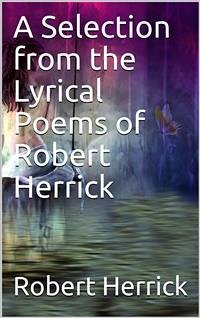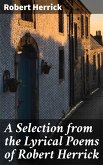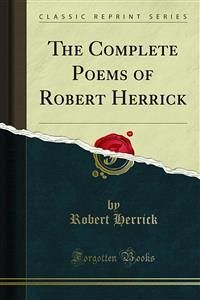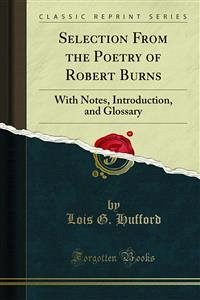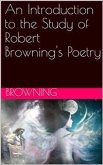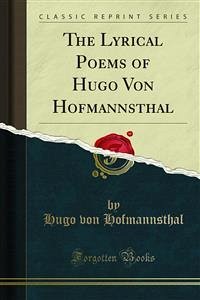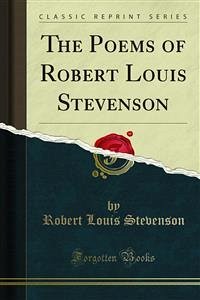Preface Those who most admire the Poet from whose many pieces a selection only is here offered, will, it is probable, feel most strongly (with the Editor) that excuse is needed for an attempt of an obviously presumptuous nature. The choice made by any selector invites challenge: the admission, perhaps, of some poems, the absence of more, will be censured:—Whilst others may wholly condemn the process, in virtue of an argument not unfrequently advanced of late, that a writer's judgment on his own work is to be considered final. And his book to be taken as he left it, or left altogether; a literal reproduction of the original text being occasionally included in this requirement. If poetry were composed solely for her faithful band of true lovers and true students, such a facsimile as that last indicated would have claims irresistible; but if the first and last object of this, as of the other Fine Arts, may be defined in language borrowed from a different range of thought, as 'the greatest pleasure of the greatest number,' it is certain that less stringent forms of reproduction are required and justified. The great majority of readers cannot bring either leisure or taste, or information sufficient to take them through a large mass (at any rate) of ancient verse, not even if it be Spenser's or Milton's. Manners and modes of speech, again, have changed; and much that was admissible centuries since, or at least sought admission, has now, by a law against which protest is idle, lapsed into the indecorous. Even unaccustomed forms of spelling are an effort to the eye;—a kind of friction, which diminishes the ease and enjoyment of the reader. In the period here briefly sketched, what is Herrick's portion? His verse is eminent for sweet and gracious fluency; this is a real note of the 'Elizabethan' poets. His subjects are frequently pastoral, with a classical tinge, more or less slight, infused; his language, though not free from exaggeration, is generally free from intellectual conceits and distortion, and is eminent throughout for a youthful NAIVETE. Such, also, are qualities of the latter sixteenth century literature. But if these characteristics might lead us to call Herrick 'the last of the Elizabethans,' born out of due time, the differences between him and them are not less marked. Herrick's directness of speech is accompanied by an equally clear and simple presentment of his thought; we have, perhaps, no poet who writes more consistently and earnestly with his eye upon his subject.
Bitte wählen Sie Ihr Anliegen aus.
Rechnungen
Retourenschein anfordern
Bestellstatus
Storno

